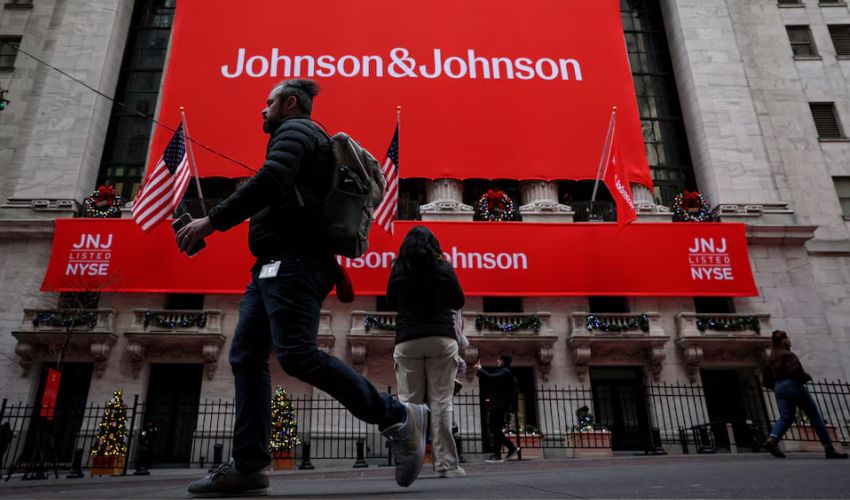In England, hospital doctors embarked on their longest consecutive strike in the seven-decade history of the National Health Service (NHS) on Wednesday.
Junior doctors, those below the consultant level, initiated a six-day walkout, escalating their prolonged pay dispute with the UK government. This industrial action occurs during a critical period for the state-funded NHS, which is facing heightened pressure from winter respiratory illnesses.
The strike closely follows a three-day walkout by doctors just before Christmas. The NHS warned that this latest stoppage, involving potentially half of the medical workforce on picket lines, would significantly impact almost all routine care. Stephen Powis, the national medical director of the NHS, expressed concerns, stating that January could mark one of the most challenging starts to the year for the NHS.
The strike is scheduled to conclude at 7:00 GMT next Tuesday. The British Medical Association (BMA) declared the walkout in December following failed negotiations with the government.
The union disclosed that junior doctors were offered a 3.0-percent rise on top of the 8.8-percent increase they received earlier in the year. However, the offer was rejected due to the uneven distribution across different doctor grades, resulting in pay cuts for many doctors.
This strike is the latest in a series, with junior doctors having walked out at least seven times since March. Prime Minister Rishi Sunak and hospital leaders criticised the action. Health policy is managed separately by the administrations in Scotland, Wales, and Northern Ireland, with the UK government overseeing England. Junior doctors in Wales plan to walk out for 72 hours starting January 15, while those in Northern Ireland are considering potential strike action.
The NHS typically experiences a surge in hospital admissions in the two weeks after Christmas. The service is already grappling with substantial backlogs in waiting times for appointments and surgeries, attributed to treatment delays during the COVID pandemic and years of underfunding.
Julian Hartley, the chief executive of NHS Providers, warned that the impact of the strikes on patients would be significant, with most planned operations and appointments needing to be postponed.
While consultants will cover for junior doctors, there are concerns that COVID, flu, and other seasonal conditions could also affect staffing levels. Hartley expressed deep concerns about the potential impact in the coming days.



























